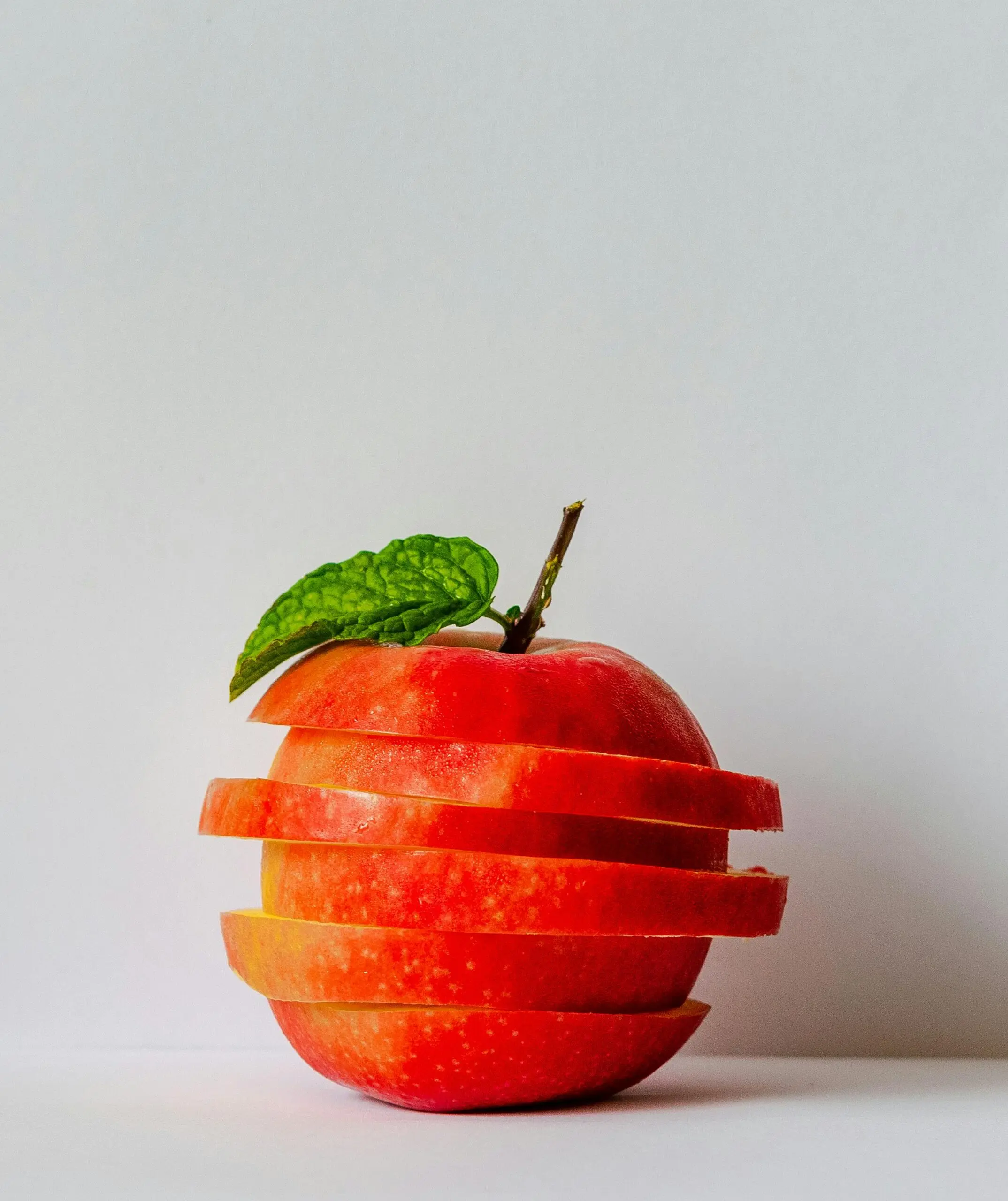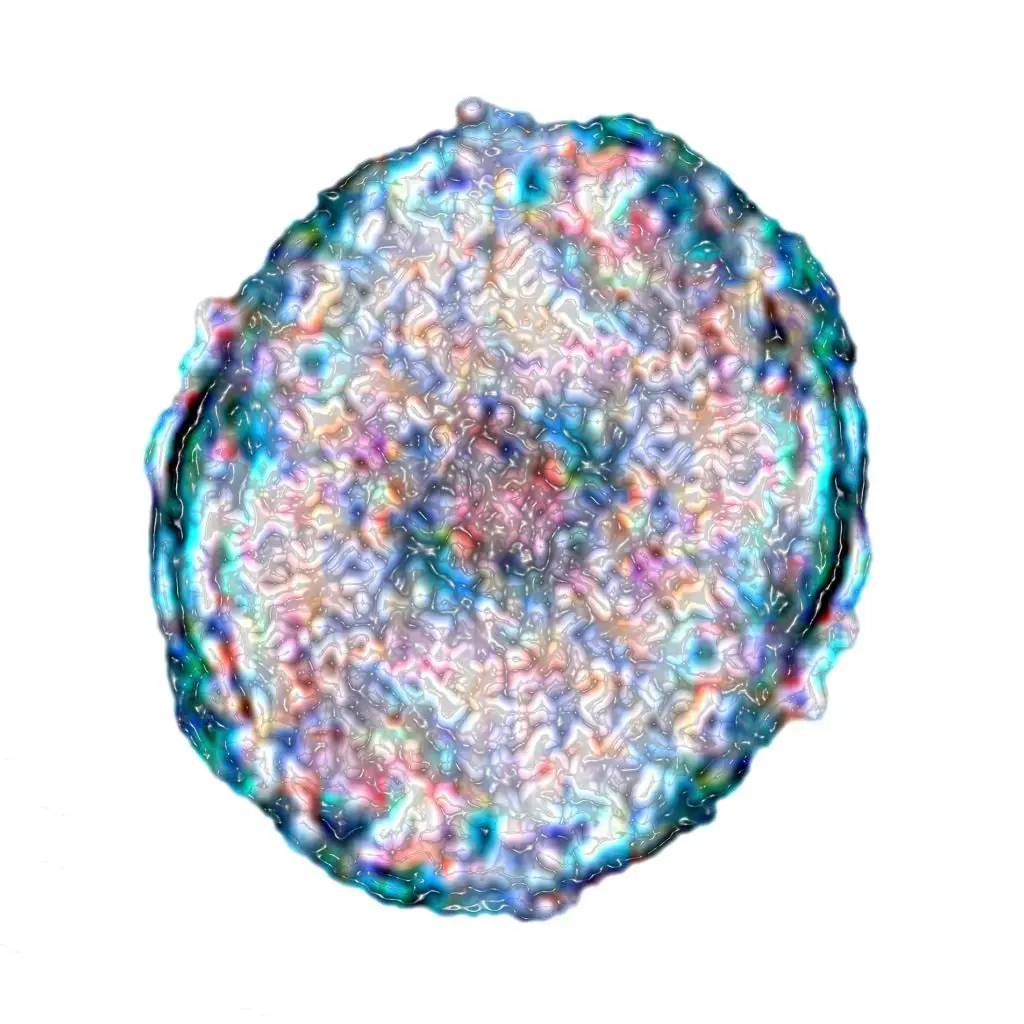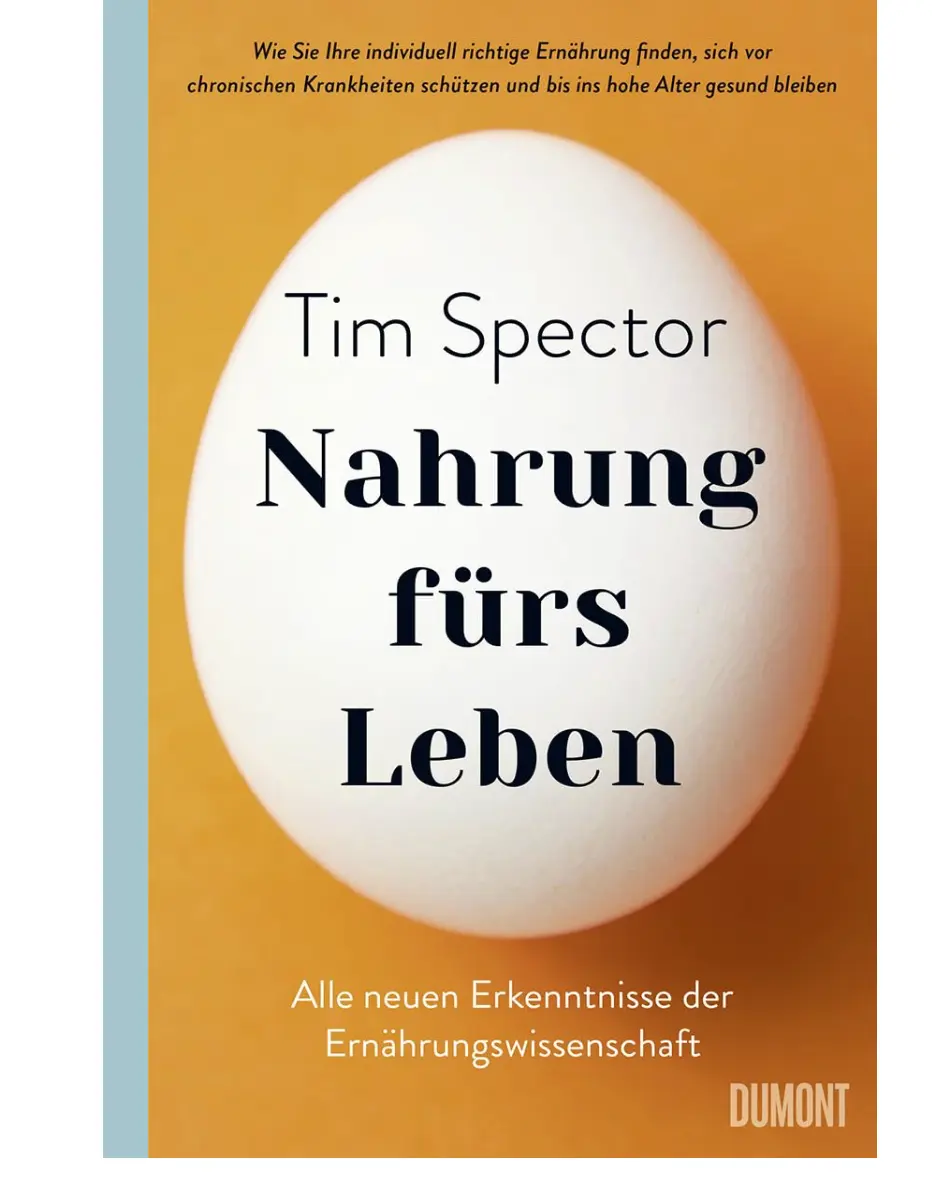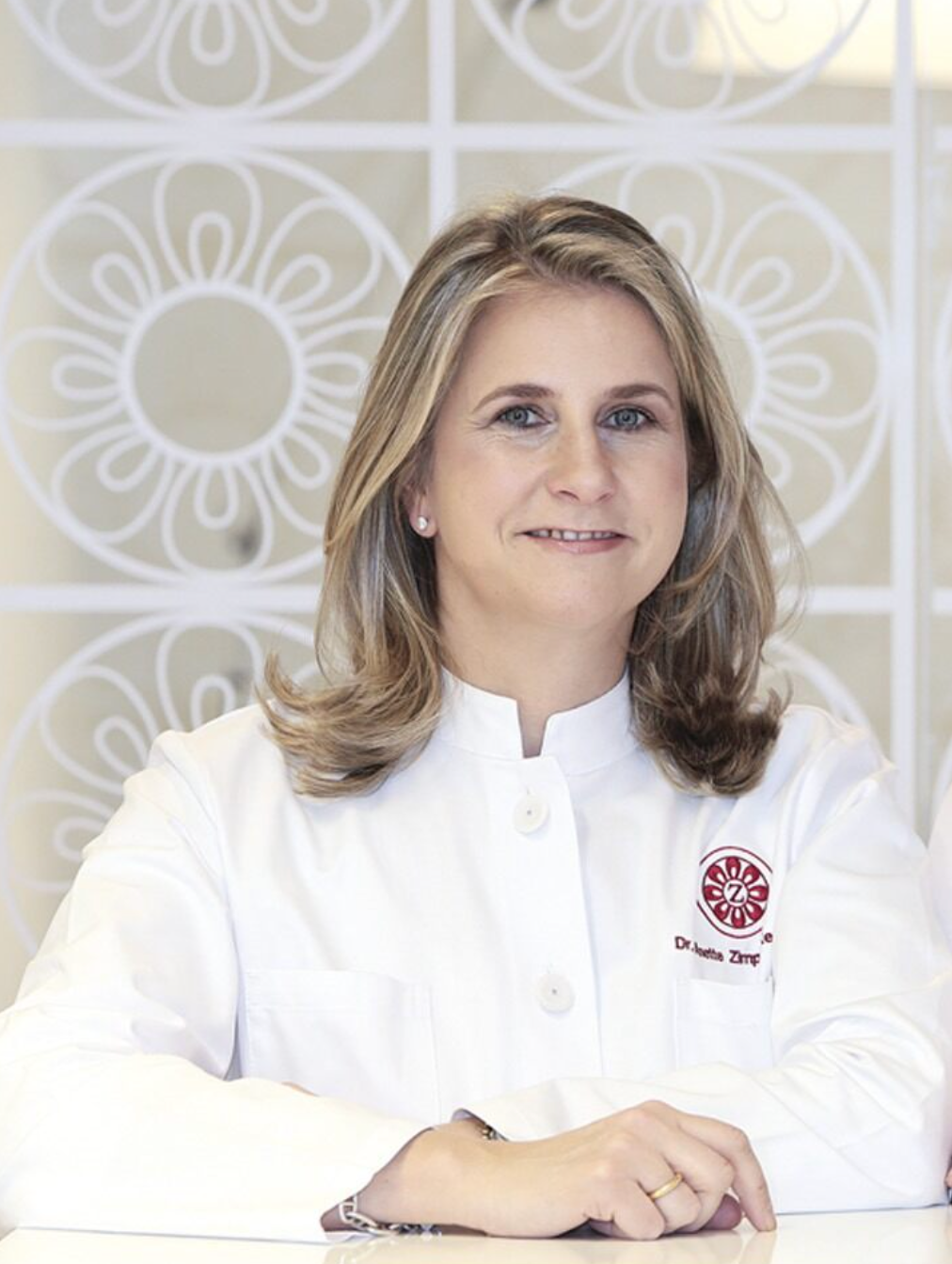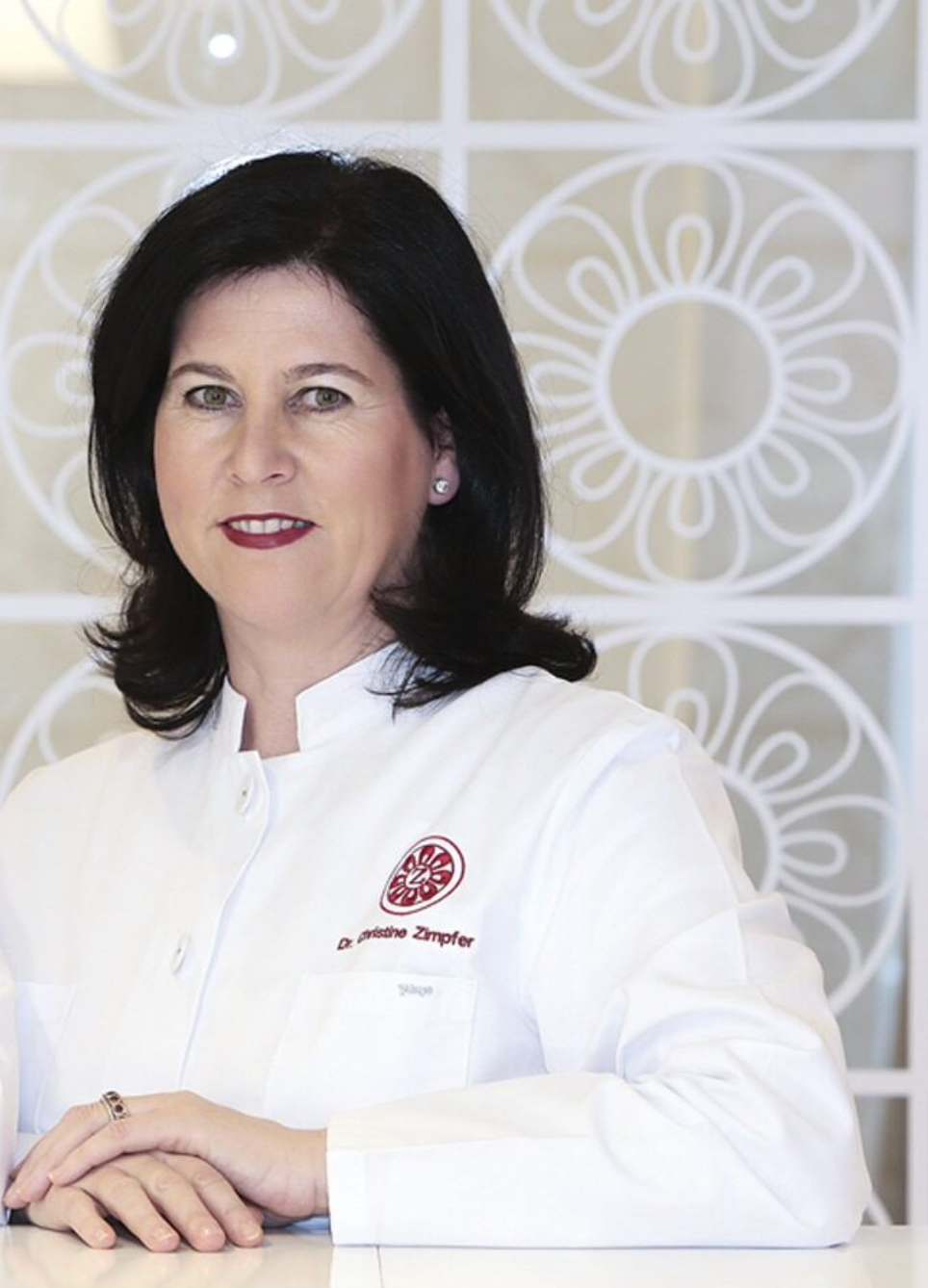Nutrition according to TCM
The Traditional Chinese Medicine has a special perspective on nutrition. "It is as if one views people through two lenses: one represents Western medicine, the other is the lens of Chinese dietetics," says Dr. Patricia Krinninger , nutrition scientist and lecturer at SMS (Societas Medicinae Sinensis).
"Western nutritional medicine is characterized by its focus on quantitative aspects such as calories or nutrients. This enables, among other things, targeted therapy of metabolic disorders, food intolerances, as well as the prevention of malnutrition and nutrient deficiencies," says Krinninger.
"In contrast, Chinese dietetics offers a more comprehensive view of disease processes and allows for individualized dietary recommendations based on a detailed diagnosis according to the principles of Chinese Medicine.
The therapeutic value is already evident from one of the first specialized texts, created around 650 AD, which says in essence: Only if nutritional therapy does not bring healing should drugs or herbs be used. "Foods are considered gentle remedies that serve to treat and prevent diseases," says the nutritionist.
"Food is considered a gentle remedy used for the treatment and prevention of diseases."
In Chinese dietetics, foods are described according to their effect using the same classification system as medicines. Their temperature behavior provides insight into their energetic dynamics and how strongly they move physiological processes - chilies, for example, cause acceleration, watermelons a slowdown.
The flavor - from salty to spicy - indicates in which layer the food is effective: For example, spring onions have a lifting effect, spinach works lowering, cinnamon on the surface, tomato in depth. The areas of application range from infections to digestion to women's health and longevity.
Some recommendations can also be easily implemented in everyday life in terms of prevention, says Dr. Krinninger. Meals should be "clear" and "pure," temperature behavior, and flavor more "balanced" and "neutral."
Clear and pure means: fresh, unburdened, and of high quality, as well as prepared as gently as possible by steaming, simmering, or boiling. Balanced and neutral means: Not too hot or spicy, not too cold or salty. Western winter vitamin classics like orange juice or berries are also not recommended - they have a cooling effect.
